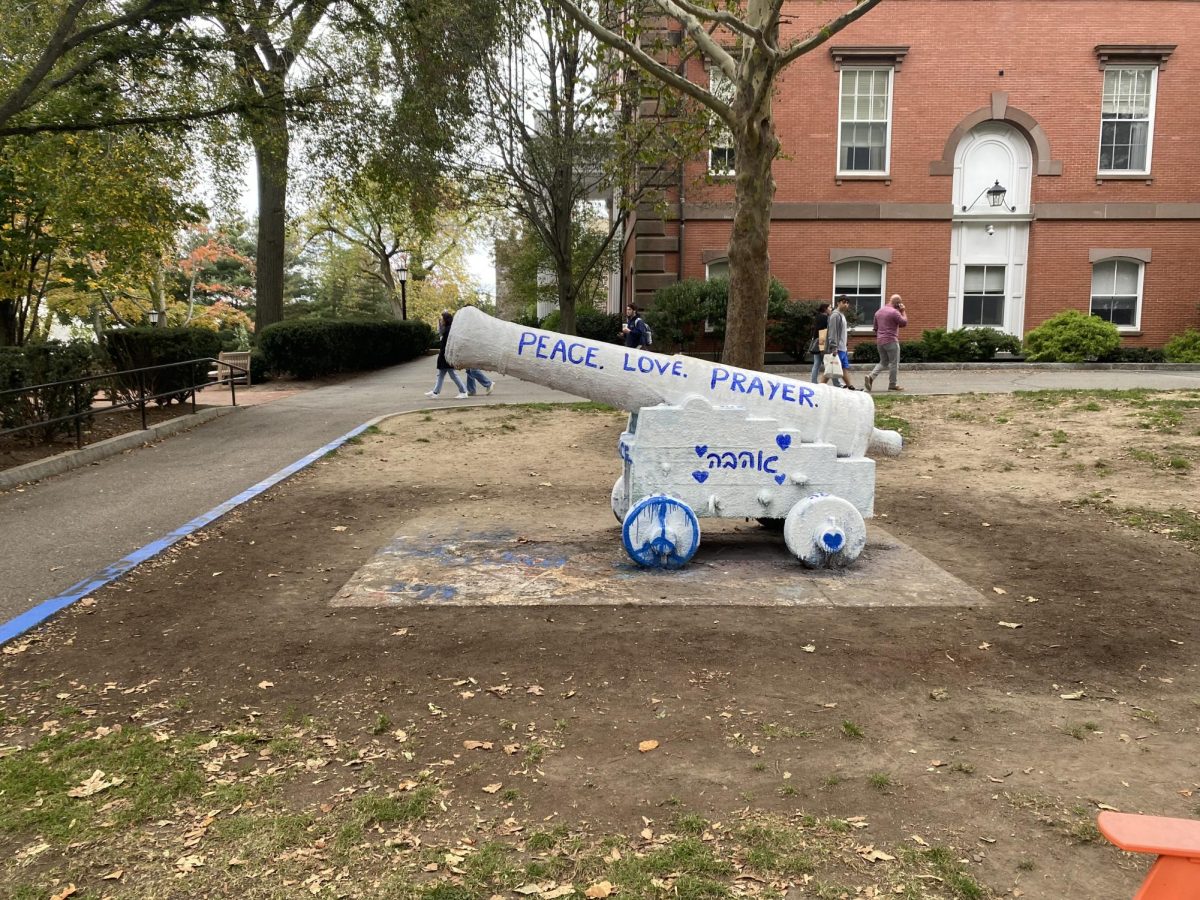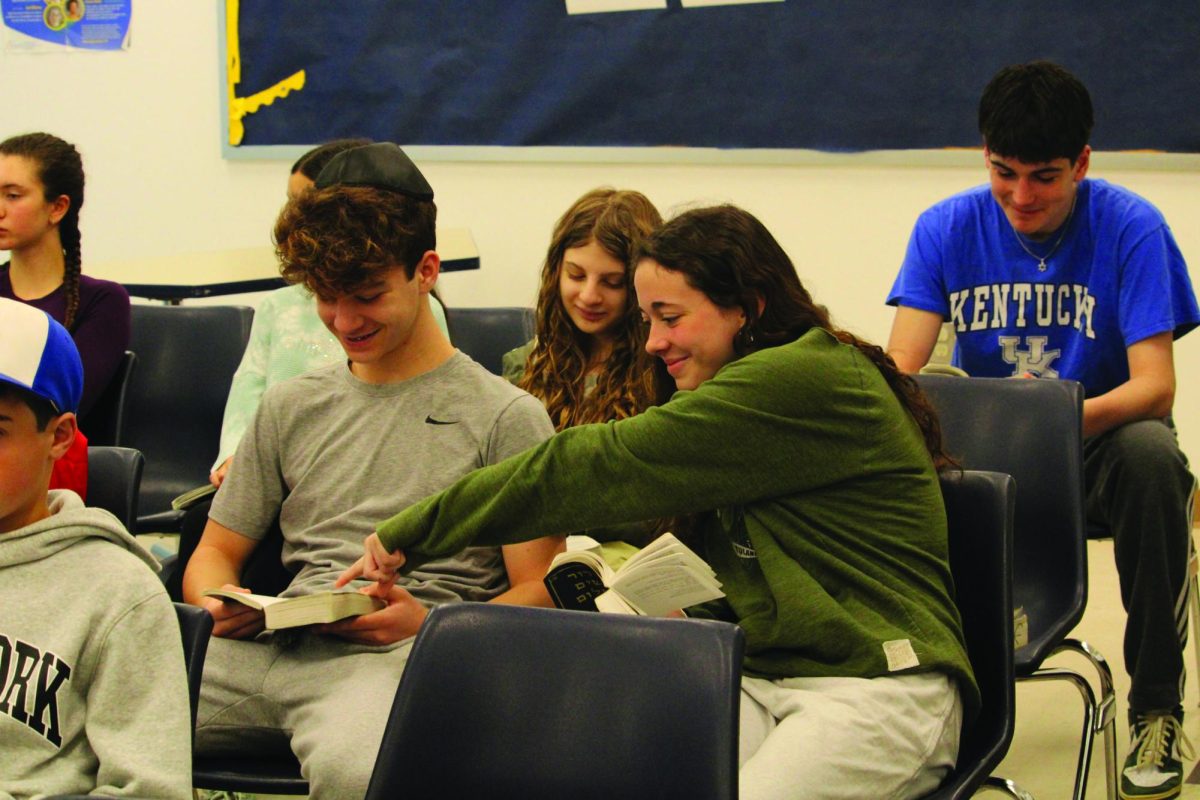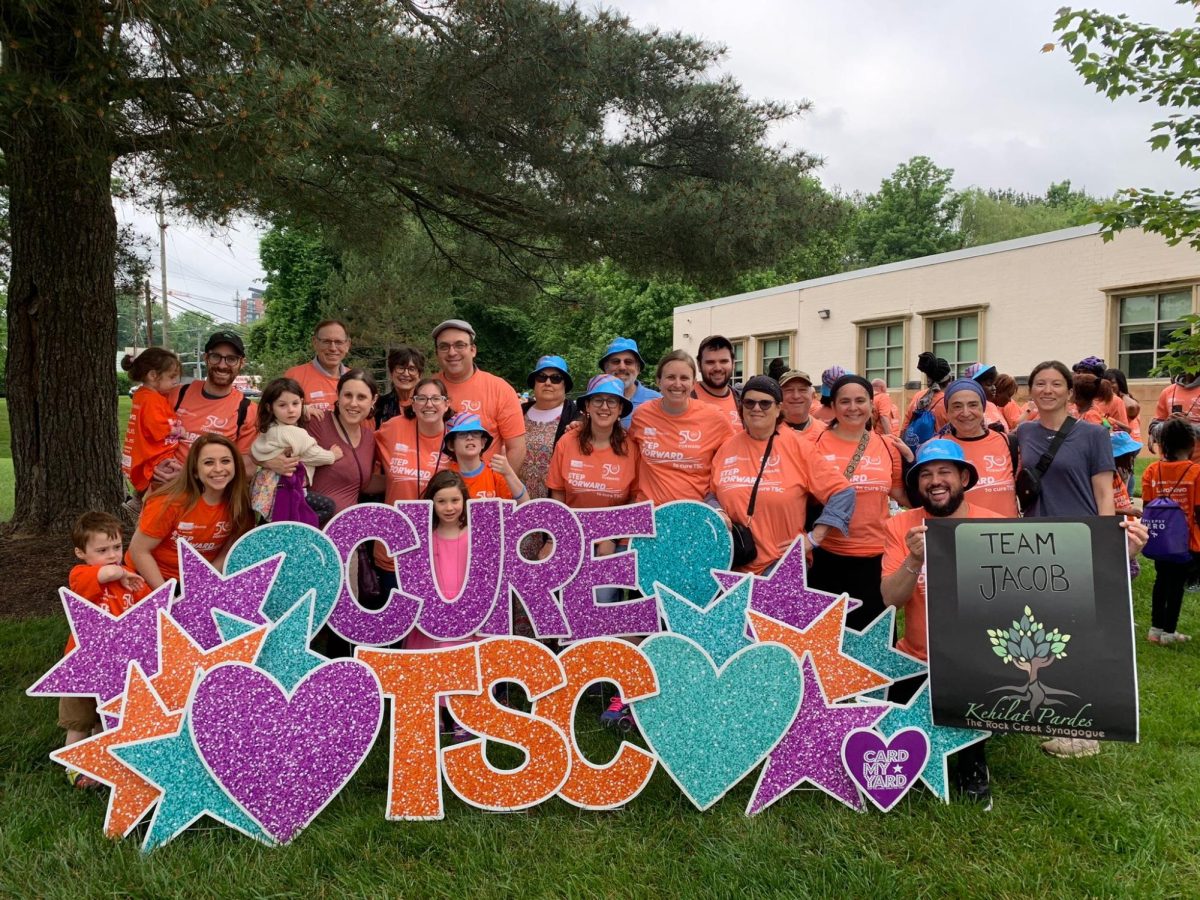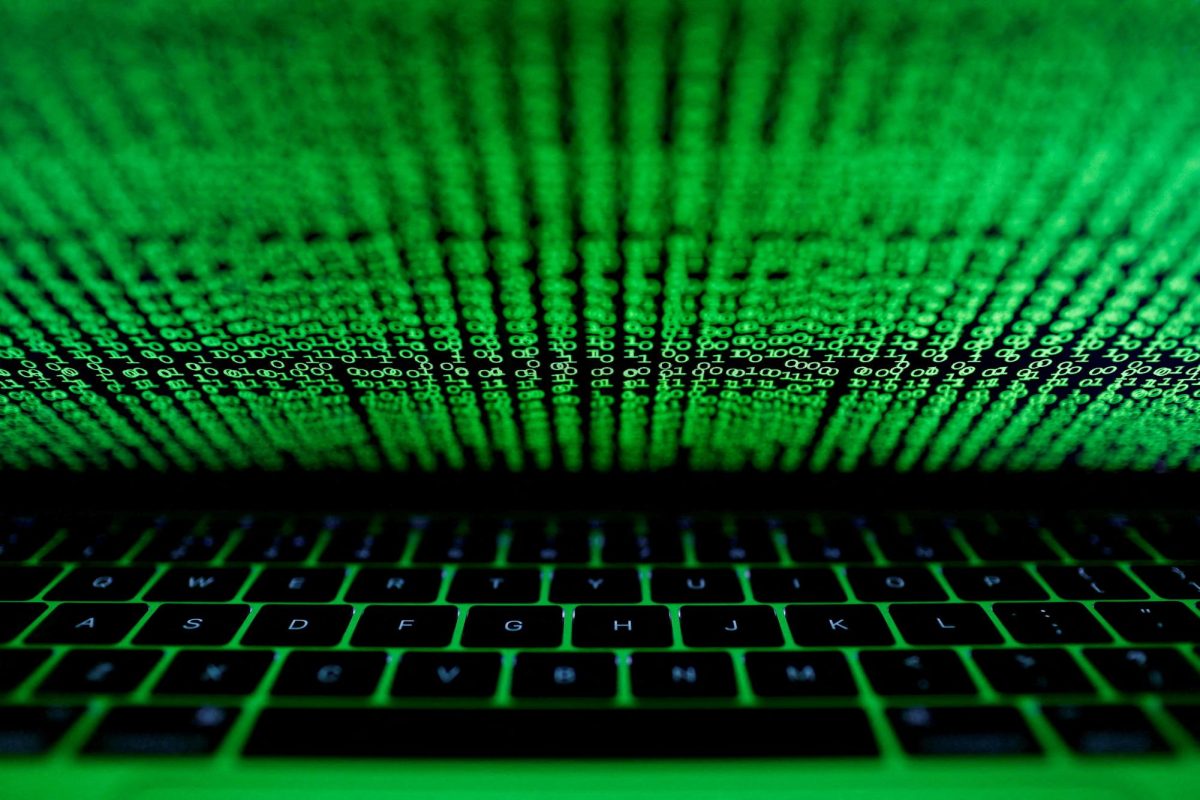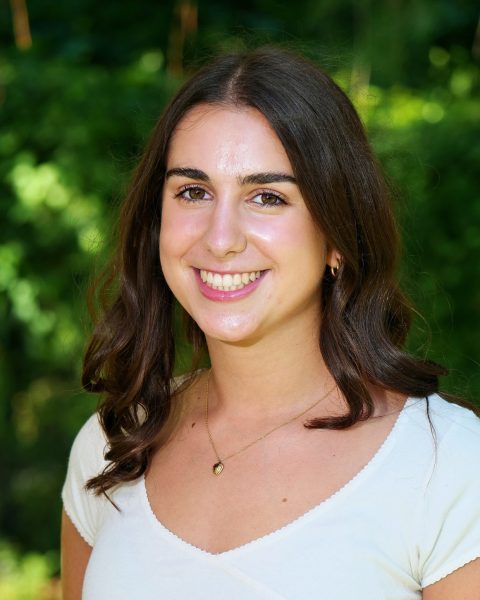After Hamas’ initial attacks on Israel, the entire CESJDS Upper School community gathered in the gym on Oct. 9 to mourn, cry and pray together. Graduates of JDS, however, had to grieve on their own.
Over the past couple of weeks, the U.S. has seen an uptick in acts of antisemitism on college campuses, and many alumni are burdened with simultaneously mourning the horrific events occurring in Israel and encountering everyday acts of antisemitism.
“A lot of college students right now are not only grieving for the people that have … died and are being taken hostage, but we’re also grieving a lot of friendships that we felt we had and a lot of organizations [that] we thought were there for us,” Tess Mendelson (‘21), a senior at George Washington University (GW), said.
Unfortunately, Mendelson has personally experienced antisemitism at GW over the past few weeks. Flags, candles and posters put up during a student-run vigil for Israel she attended were taken down and vandalized by members of Students for Justice in Palestine and she ended up leaving a student organization that she had been a part of for years because of their deeply hurtful response to the Oct. 7 attacks. These are just a few of the numerous examples of antisemitism at GW and other universities in the past couple of weeks.
As a prominent member of the specific organization, Mendelson attended a Zoom call to discuss how the organization would acknowledge the events in Israel. Not only did she not feel support from her peers in the organization, but many even made fun of what she had to say.
“We were in a bomb shelter [during my JDS Israel Trip], and I shared that on the call and there were girls literally laughing,” Mendelson said.
In the end, the organization that Mendelson was a part of decided that a vote must be conducted before they condemned antisemitism or terrorism on their Instagram account, which is where Mendelson “drew the line.”
At some schools, the acts of antisemitism have not been so blatant. Jewish college students have found that social media creates a forum to anonymously spread hateful messages.
“We have an app called Sidechat that a lot of colleges have where you can post anonymously, and it’s like Twitter but for your own college,” Daniela Abrams (‘23), a freshman at Brown University, said. “I deleted it, but I know that a lot of nasty things were spread on there just because it’s anonymous.”
These types of experiences cause a lot of Jewish college students to feel isolated and scared. Though everybody copes in different ways, alumnus Alex Landy (21’), a junior at Tufts University, chose a more proactive approach.
“[There is] a tradition at Tufts where we paint [a] cannon to sort of mark an event, anniversary or celebration, in this case, a tragedy,” Landy said. “So we had about 75 people come and paint the cannon and we … painted it with messages like ‘peace, love and prayer,’ and then the equivalent words in Hebrew on the opposite side of the cannon. So that was a great rallying event for the community.”
While it is tradition for the cannon to remain painted for at least 24 hours before it is painted over, the message that Landy and his peers painted on lasted for about a week.
Landy, Mendelson and Abrams all shared how much their experiences in the past few weeks have made them miss the JDS community, and they advised students to cherish the strong Jewish community and united love for Israel while it lasts.
“Attending a Jewish day school, I think, really equipped me to be able to stand up against this kind of rhetoric,” Mendelson said. “Although I wish that I was in a different position, I do feel like because of my education and just the values that were instilled within me from my family and from JDS, I felt like it was my duty to do something.”



